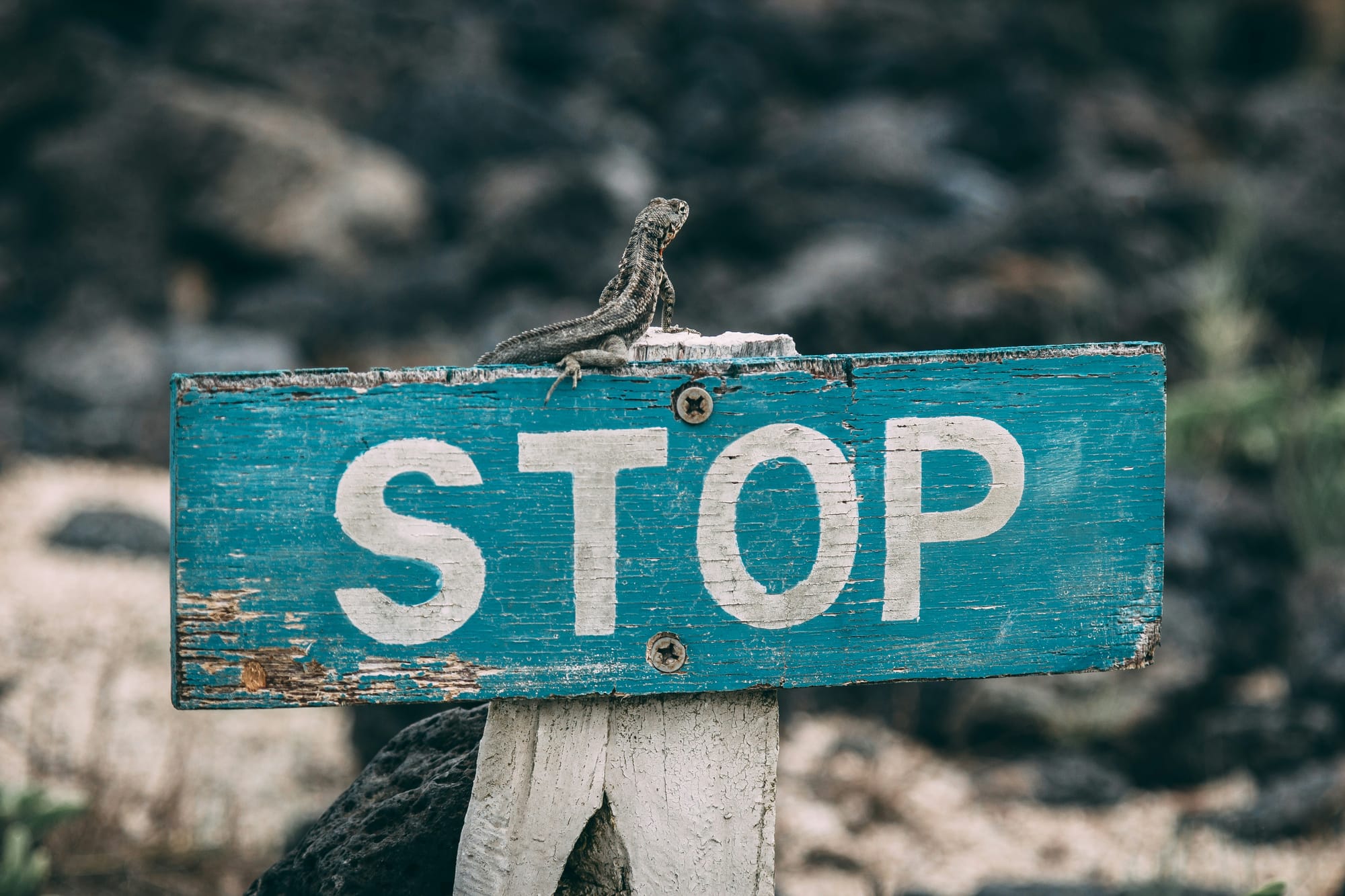Happiness Doesn’t Exist, Do This Instead

Happiness doesn’t exist. Yes, that’s right, no such thing.
Now I don’t mean in the literal sense, I think happiness is real, and we all know what it feels like.
What I mean is that the term happiness and how we’ve all been using it, how we’ve all been conditioned to view the word, and the goals we’ve set around trying to ‘achieve it’, are not real.
From the moment we’re born onwards, all we hear is the word happiness.
When someone makes a controversial decision, their family members say, “Well, as long as he’s happy, that’s all that matters.”
Someone trying to convince themselves that they’re not living a miserable life will say: “I don’t care where or what I do for work as long as I’m happy”
Some philosophers or deep thinkers will see the problem of happiness, but in response, they try to redefine the word, or they’ll say it means something different for each person.
Now, of course, we all know what these people mean when they say these things. However, I’d happily stand in a room with every single one of them and tell them they’re wrong; here’s why.
The Four-Part Equation
If a friend were to come up to you, tap you on the shoulder, and say, “Johnny is sad” (referring to your other friend), what would you say?
I’d argue that only one word would come out of your mouth: you’d simply ask, “Why?”
You’d ask why because sadness is conditional, it’s situational. If you’re sad, there’s a reason for that sadness, and always one that’s pretty easy to identify.
Sadness is the equal opposite of happiness, pretty hard to disagree with, right?
But if sadness is the same as happiness, then that also means that happiness is conditional, situational, and completely dependent on your very present moment.
We can all envision what happiness looks like:
It’s watching your favourite movie with your favourite snacks with the person you love.
It’s sitting on the beach in the sun with a cocktail. But these do not last?
It’s playing with your child and seeing them laugh.

These are feelings, these are moments, these are completely and utterly temporary.
If you want to build a life that increases the likelihood and frequency with which you experience happiness, then fine, fair enough, that’s a possible and positive goal to achieve.
But that’s never what we really mean when we say things like ‘I just want to be happy’. We never mean the 30 seconds of dopamine, the 30 seconds of conditional pleasure.
And yet, we’re all somehow, deep down, chasing something as though it were a life's mission and a permanent experience.
Okay, if that same friend came up to you and tapped you on the shoulder, but this time they told you Johnny is depressed, your answer would be different.
That’s because depression is deeper, it’s more existential than sadness, it’s more complicated, and it’s a much longer-lasting feeling.
It’s that last part that’s key here, longer-lasting. We don’t want to get into it with our friend; we may want to help, but we don’t want to merely ask the question “Why”, as we know it’s much deeper than that.
Okay, so what does any of this have to do with happiness?
Well, if sadness and happiness are opposite equals and depression is the longer-lasting experience of sadness, then we need to be looking at whatever is the equal opposite of depression.
As that, that will be what we really want to achieve and experience forever.
The Problem, The Solution
I don’t think we need to redefine happiness; I don’t think it means something different for every person. We know what it means, and we should leave it at that.
What we need to be doing is figuring out what we really mean when we say it, and start using the correct version.
How many lives have been wasted chasing an unachievable goal? Chasing something they couldn’t even conceptualise.
The reason I think this is an issue is because how we use language is important; if we devote our lives to something, we should know what that thing is, and yet, with happiness, everyone seems to be wrong.
We think we can get happiness as though it were something we can have in our hand, yet it’s more like trying to get a firm grip of water; it’s just not possible.
Okay, enough foreplay, what exactly do we mean? What exactly is the equal opposite of depression?
Considering depression is the feeling of emptiness, it’s the feeling of pointlessness, well, maybe what we’ve always really meant when we say happiness is a combination of 3 things: Purpose, meaning, and fulfilment.
I don’t claim to have all the answers, and I don’t know of a word that accurately contains all three; however, I believe if there is one, it would be the equal opposite of depression and also be the very thing we’ve all truly desire.
Depression is the feeling that nothing matters. Meaning is the opposite.
Depression is the feeling of emptiness. Fulfilment is the opposite.
Depression is the feeling of aimlessness. Purpose is the opposite.
If no word or term contains these three within it, then we should create one.
If someone were to say, “ I just want to have purpose”, or any of the other terms. You’d turn your head, you’d demand elaboration, and yet if someone were to simply say, “I just want to be happy”, you wouldn’t even blink.
Somehow, we have it completely backwards.
Now, imagine if this were taught, what if we knew what to chase? Well then, we could break it down, and again and again until we have an actionable roadmap to living a life we really want.

This could be broken down into small, actionable steps. Giving someone who is so depressed that they're struggling to get out of bed or even brush they're teeth a clear roadmap out.
Stop chasing happiness, it doesn’t exist.

